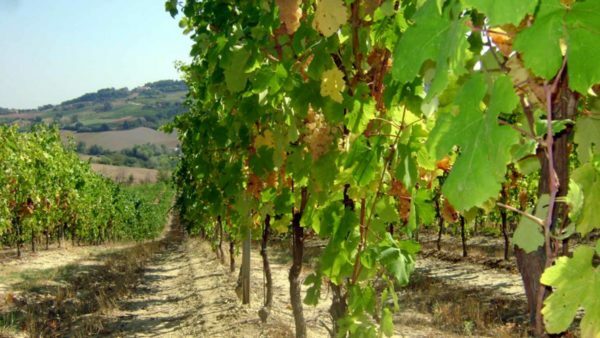1
/
of
5
Eko World Shop
Vineyard ring in 925 silver
Vineyard ring in 925 silver
Regular price
$28.43
Regular price
$28.43
Sale price
$28.43
Unit price
/
per
Tax included.
Shipping calculated at checkout.
Couldn't load pickup availability
Free shipping
Free shipping
Free shipping on all orders!
Returns and exchanges within 30 days
Returns and exchanges within 30 days
Returns and exchanges up to 30 days after receiving your order!
The return can be requested within 14 days of receiving the order, and made within 30 days after receiving the order.
10% discount if you add it in the 🛒
10% discount if you add it in the 🛒
Additional 10% discount directly in the cart. Valid on all items!
Unlock an additional discount when you buy multiple items!
Unlock an additional discount when you buy multiple items!
The more you buy, the more you save! ❤️
The more you buy, the more you save! ❤️
Quantity discounts on the entire collection.
The more you buy, the more you save!
Buy 2 Items with 15% discount
Buy 3 Items with 20% discount
Buy 4 Items for 25% off
The more you buy, the more you save!
Buy 2 Items with 15% discount
Buy 3 Items with 20% discount
Buy 4 Items for 25% off
If you were a first-century Jew and heard for the first time that Jesus was the true vine and his people were the branches (John 15:1, 5), you would have mixed emotions.
On one hand, you would be quite familiar with the idea of comparing people to vines and vineyards. Grapevines were a familiar sight in Palestine. Your Bible, the Old Testament, frequently refers to Israel as being a vine that God planted. You may have recited Psalm 80 in your morning prayers. In verses 8-9 the Psalmist says to God, "You brought a vine out of Egypt; you drove out the nations and planted it. You cleared the ground for it; it took deep root and filled the land." You would know how God brought Israel out of Egypt and planted it in the promised land.
You would have read the words of the Hebrew prophets who likened Israel to a vine or vineyard. You would recall the words of Hosea who said that "Israel was a luxuriant vine that yields its fruit" (10:1). Hosea meant that Israel increased in prosperity. But he went on to say that Israel's prosperity unfortunately led to increased idolatry: "The more his fruit increased the more altars he built."
You may have chanted these words of Isaiah: " . . . my beloved had a vineyard on a very fertile hill . . . He expected it to yield grapes, but it yielded wild grapes" (5:1-2). No doubt, you were haunted time and again with the words of God spoken to his people through Jeremiah: "I planted you as a choice vine, from the purest stock. How then did you turn degenerate and become a wild vine?" (2:21). That would have reminded you of Ezekiel's chilling words spoken against Judah: "Therefore thus says the Lord God: Like the wood of the vine among the trees of the forest, which I have given to the fire for fuel, so I will give up the inhabitants of Jerusalem" (15:6).
You as a first-century Jew would be very familiar with the symbolic meaning of vine and vineyard. In fact, the idea was so prevalent in the first century that in one of his parables Jesus expressly made use of the vineyard motif as symbolism for Israel (Mark 12:1-12). Jesus concluded the parable by saying that the owner will destroy the tenants and give the vineyard to others. In response to the parable, the religious leaders wanted to arrest Jesus because "they realized that he had told this parable against them." The symbolism of vineyard was not lost on them.
However, just because you would be familiar with biblical references to vine and vineyard, that would not necessarily make it easy for you to understand how Jesus could be the true vine. For one thing, vine in the Old Testament always represented the whole people of Israel rather than a single individual. How could something that symbolized the whole people of Israel be a symbol of Jesus as an individual? Secondly, whenever the Old Testament prophets, as well as the parable of Jesus mentioned above, made reference to vine or vineyard, they always had in mind the imminent judgment that God would bring upon his disobedient people. In other words, the idea of vine would not bring positive images to your mind. You would be reminded of vine twigs that are good for nothing but as firewood. For this reason, the Gospel of John refers to Jesus not simply as the vine but more specifically as the true vine. The implication is that in contrast to Israel, which became unfaithful and incurred the judgment of God, Jesus remains faithful and thus fulfills Israel's calling to be the vine of God.
It is noteworthy that the contrast is between Israel and Jesus, not between Israel and the Church. The Church is not the true vine; Jesus is. Furthermore, Jesus is not the trunk or the root; he is the vine. He is the true vine who fulfilled the destiny to which Israel was called. The Church can be a part of that destiny only as branches in the vine. The Church cannot fulfill Israel's destiny without Christ. Apart from Christ the Church is nothing but dead twigs.
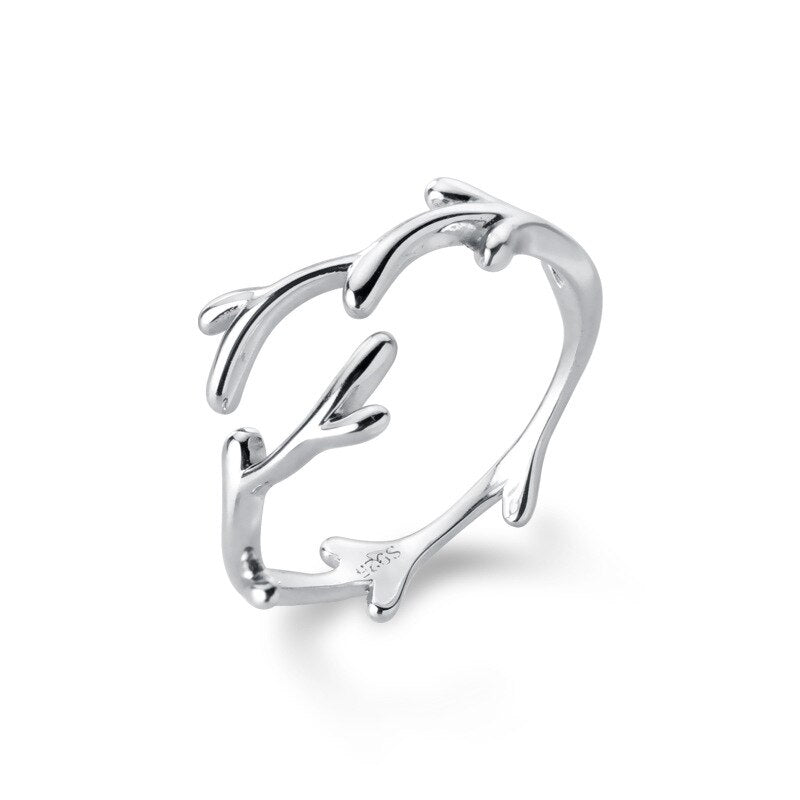

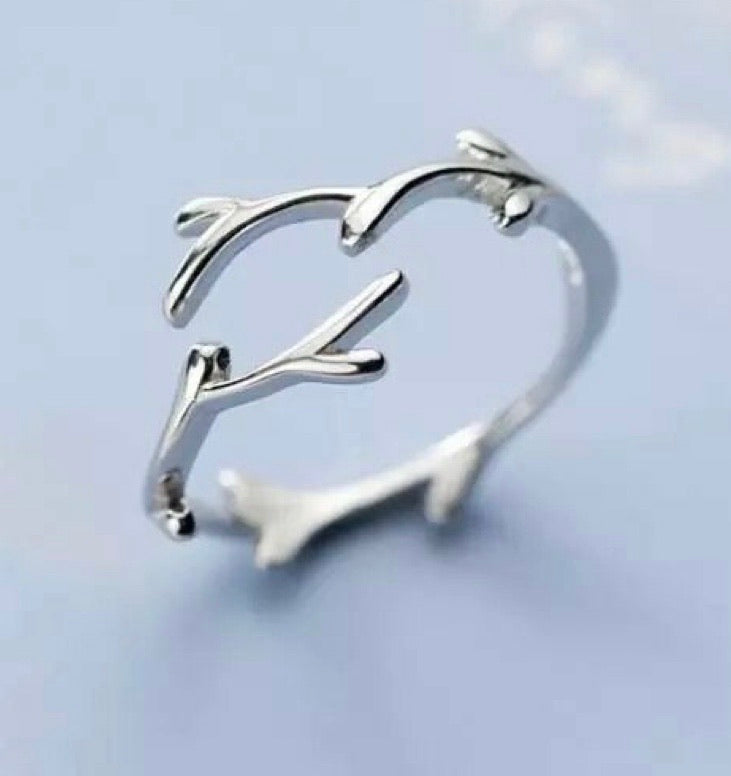


Discover all the jewels
-
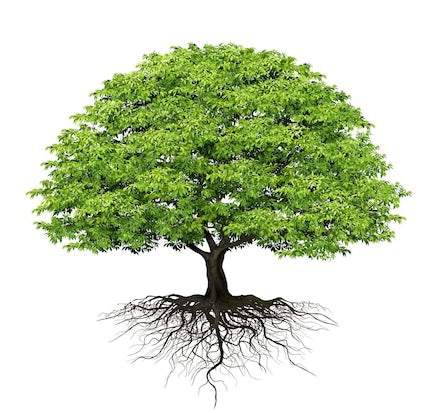
Tree of Life
The Tree of Life commonly represents the interconnectedness of everything in the...
-

The magic of Flowers
Floriography is the 'language of flowers'. Dating back to the Victorian times...
-
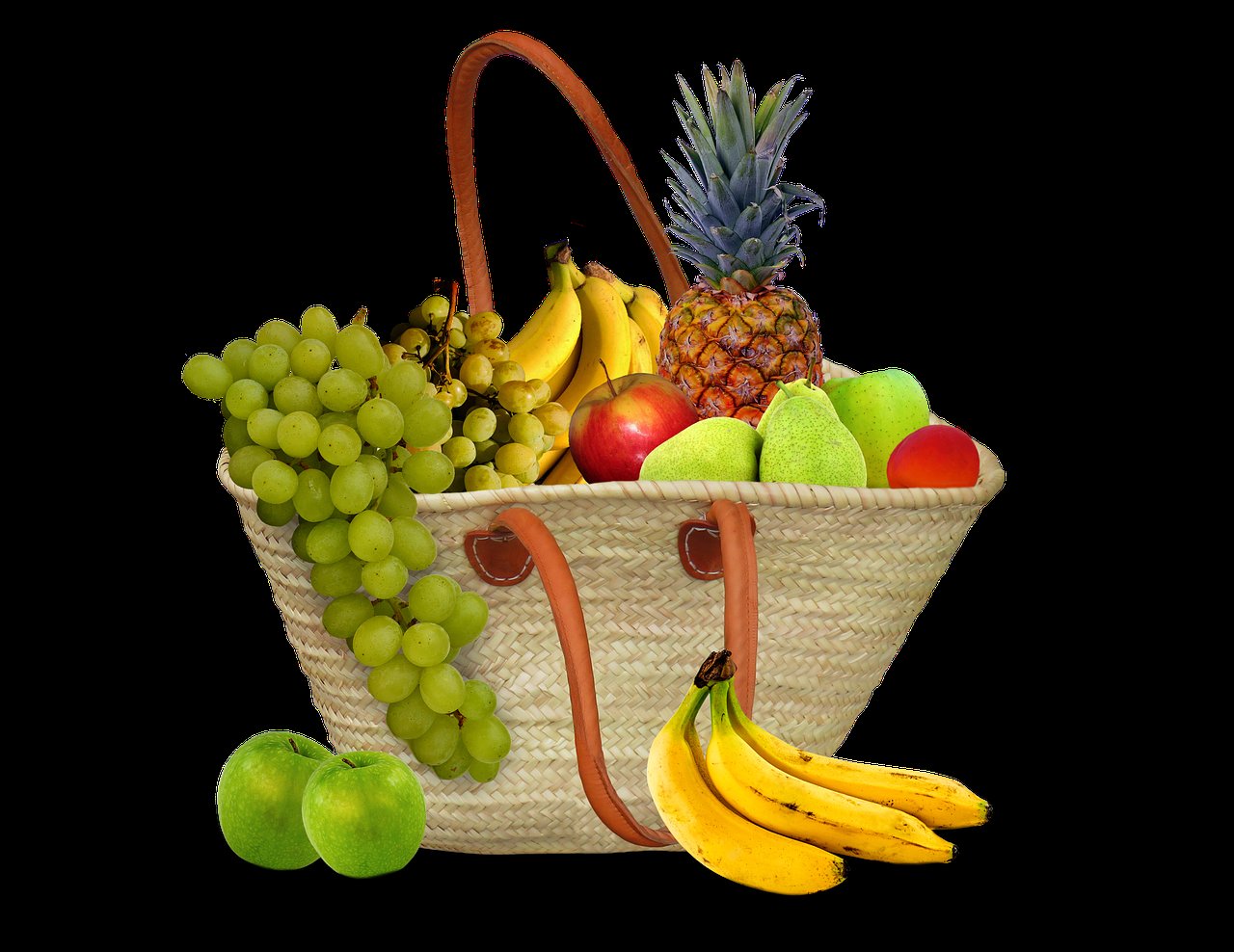
World Fruit Jewels
Jewels in 925 Silver and Natural Stones inspired by the world of...
-

Animal Kingdom
The animal kingdom has been a rich source of inspiration for jewellery...
1
/
of
8
1
/
of
5

Turtle ring
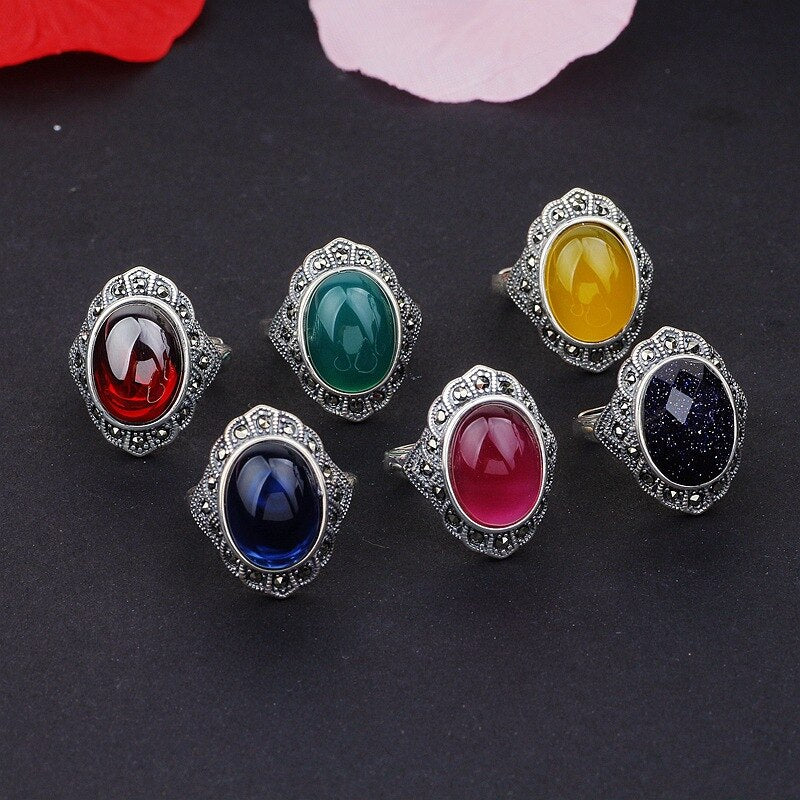
Natural Stone Ring

Dragonfly earrings

Serpent Ring

Donut Charm
Popular caregories ...
View all-

Lotus flower
Lotus Flower Inspired Jewelery ...
-
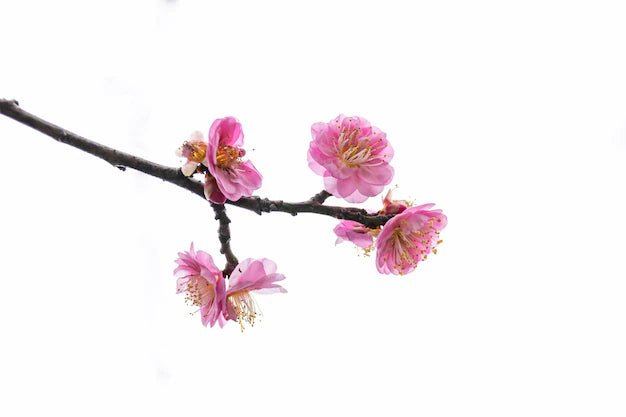
Plum blossom
Jewelery inspired by the Plum Blossom
-
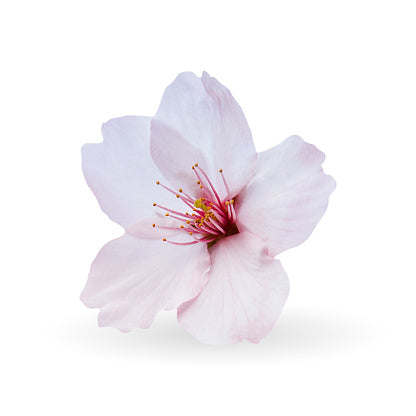
Sakura flowers
Sakura flower inspired jewelry ...
1
/
of
10
-

Guaranteed quality
Over 25,000 satisfied customers worldwide. -

Secure payment
We entrust the management of our online payments to Stripe and Paypal , 100% safe. -

Money Back Guarantee
Returns are possible up to 30 days from receipt of the items.

4,98 su 5 stelle
Basato su oltre 300 Recensioni.
Visualizzane una selezione o inviaci una tua foto per ottenere un Buono da 10 €






